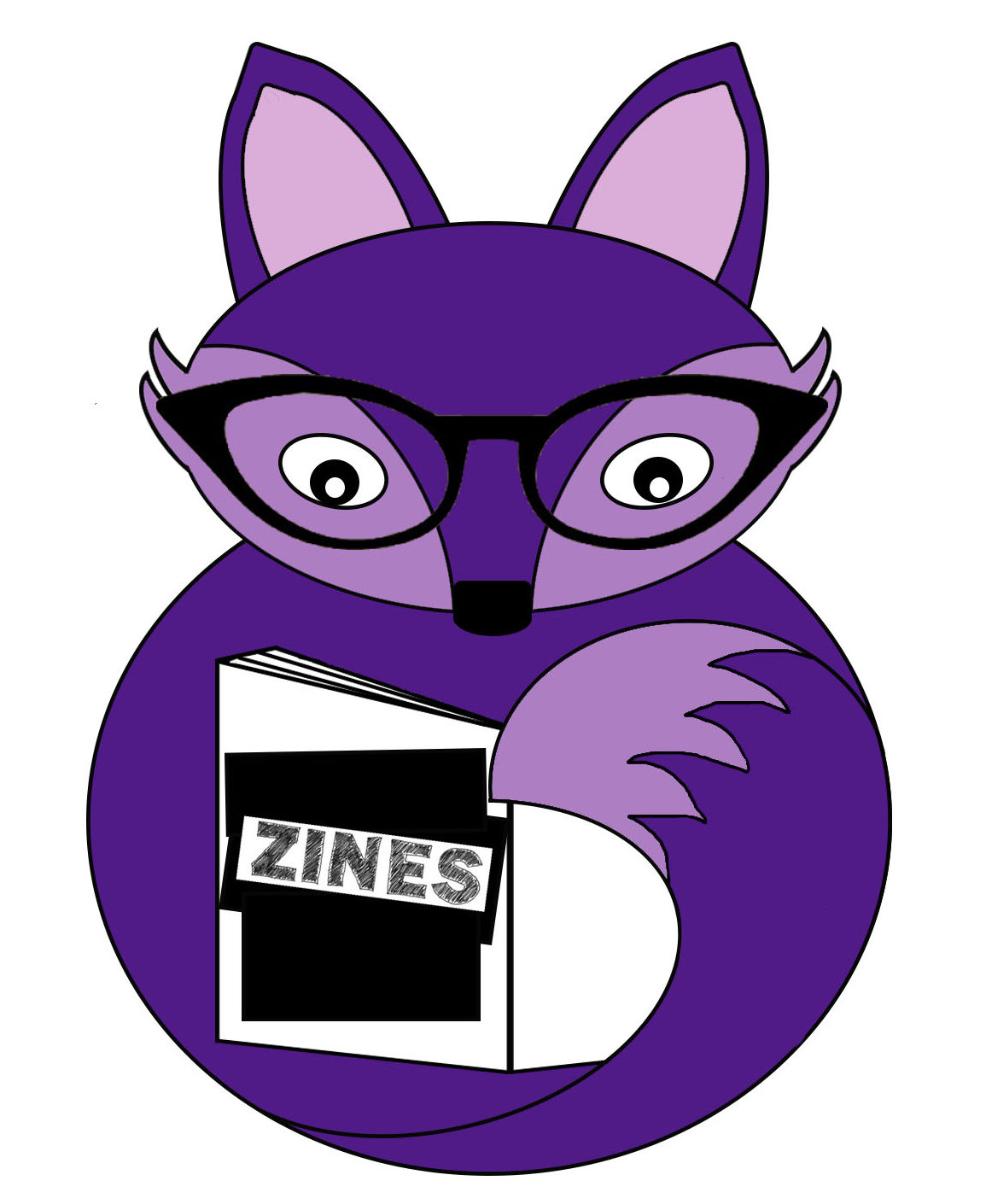I was laid off from my job as one of the editors of the Dewey Decimal Classification two weeks ago. The days of these past two weeks have been filled with figuring out insurance coverage, unemployment filing, and the logistics of moving. But before too much time passes, I wanted to document and share the work that I was able to accomplish in the two years and four months I was in that position.
As I’ve frequently discussed and many others before me have written about, the Dewey Decimal Classification is a product of its time, and a project of colonialism and oppression. One of the results of using it is solidifying the hierarchical, lopsided organization it uses into being considered a representation of the natural state of the world. I’ve shared my thoughts about this tension between wanting to “fix” Dewey and needing to recognize the boundaries it works within. Throughout my tenure as editor, I was deeply influenced by Jens-Erik Mai’s 2010 article “Classification in a social world: bias and trust.” He concludes his article with this summary:
Classification theory has moved away from ontological discussions of whether classification systems ought to reflect things as they really are and has moved towards a relativistic foundation. It has embraced the fact that all systems are inherently biased. To regain trust and authority designers and editors of classification systems must embrace the principle of transparency and explain their decisions and show the conceptual and philosophical foundations for their systems.
That was my understanding of the role I played within Dewey—to work to address issues, certainly, but more importantly, to bring the wider librarianship profession into dialogue about the underlying concepts of the DDC.
I am proud of what I was able to accomplish in just over two years in that regard. It was my idea to make proposals to revise the DDC publicly available, allowing for more transparency in what the editorial team was working on and giving a much wider audience for feedback to the Editorial Policy Committee, which votes to approve or reject proposals. While in the past the Dewey blog had primarily been aimed at the audience who was interested in the inside baseball of DDC updates, I started a series of “explainer” posts, talking about frequently asked questions I heard from library workers in general. A few posts I’m particularly proud of:
- How do the editors decide which concepts get a Dewey number? An explainer
- Why are the 200s so heavily focused on Christianity? An explainer
- What’s the distinction between myth and religion in Dewey? An explainer
By explaining the underlying principles of the DDC, I hoped to continue the conversation around Dewey with more nuance than the standard “Dewey sucks, let’s ditch it” response. Ditching Dewey can be the right choice for individual libraries, but the profession as a whole has not significantly grappled with the questions of who should be making decisions about our classifications, how those classifications should be funded, and how classifications should appropriately reflect societies where multiple cultural backgrounds exist.
I am proud of the revisions I was able to make in my day-to-day work as an editor. Highlights include:
- Reinstating the asexuality number and multiple revisions to LGBTQ topics, including Two-Spirit people and SOGI
- Revising terminology around disabilities, including intellectual disabilities
- Revising instructions to more appropriately consider witchcraft as a religious practice
- Providing new editorial rules around potentially offensive terminology describing groups of people (a joint effort with editors Juli Beall and Alex Kyrios)
I worked hard to promote new opportunities for library workers to share their thoughts about what needed to be changed. I brought the discussion around revising Dewey to non-cataloging audiences through presentations and, of course, on Twitter. I highlighted guest voices on the Dewey blog, including reports from libraries that have implemented a revised version of the 200s (Religion), and shared when others were wrestling with the biases of the DDC. Throughout my tenure, I was able to talk about topics important to me personally, such as International Workers’ Day, the Black Lives Matter movement, and defunding the police. It was important to me that people could know who was doing this work and what we did all day.
I am incredibly grateful to my coworkers throughout this time, Alex Kyrios, Juli Beall, and Winton Matthews, for patiently sharing their remarkable knowledge with me. One of the Dewey classifiers at the Library of Congress, Mark Behrens, told me that he thought it took at least ten years to become proficient as an editor of Dewey. I’m sorry I didn’t have ten years to master this craft, but I’m very appreciative of the relationships and connections I was able to build throughout the world.
I’m disappointed not to be able to continue this work into the future; I had many proposals in the works to make significant revisions to the DDC. I write this post today both to remind myself of what I was able to accomplish but also to continue the transparency and information sharing that has been so crucial to how I approach my work. I’ll continue bringing the same passion, curiosity, and transparency to whatever comes next.

Violet, they’re losing a valuable resource in you! I’m so sorry this happened. You’ve been extremely helpful with my research into bias in DDC, as well as routine cataloging questions. Wherever you end up next will be lucky to get you.
Thanks so much for your kind comment, Lizzie, I really appreciate your support!